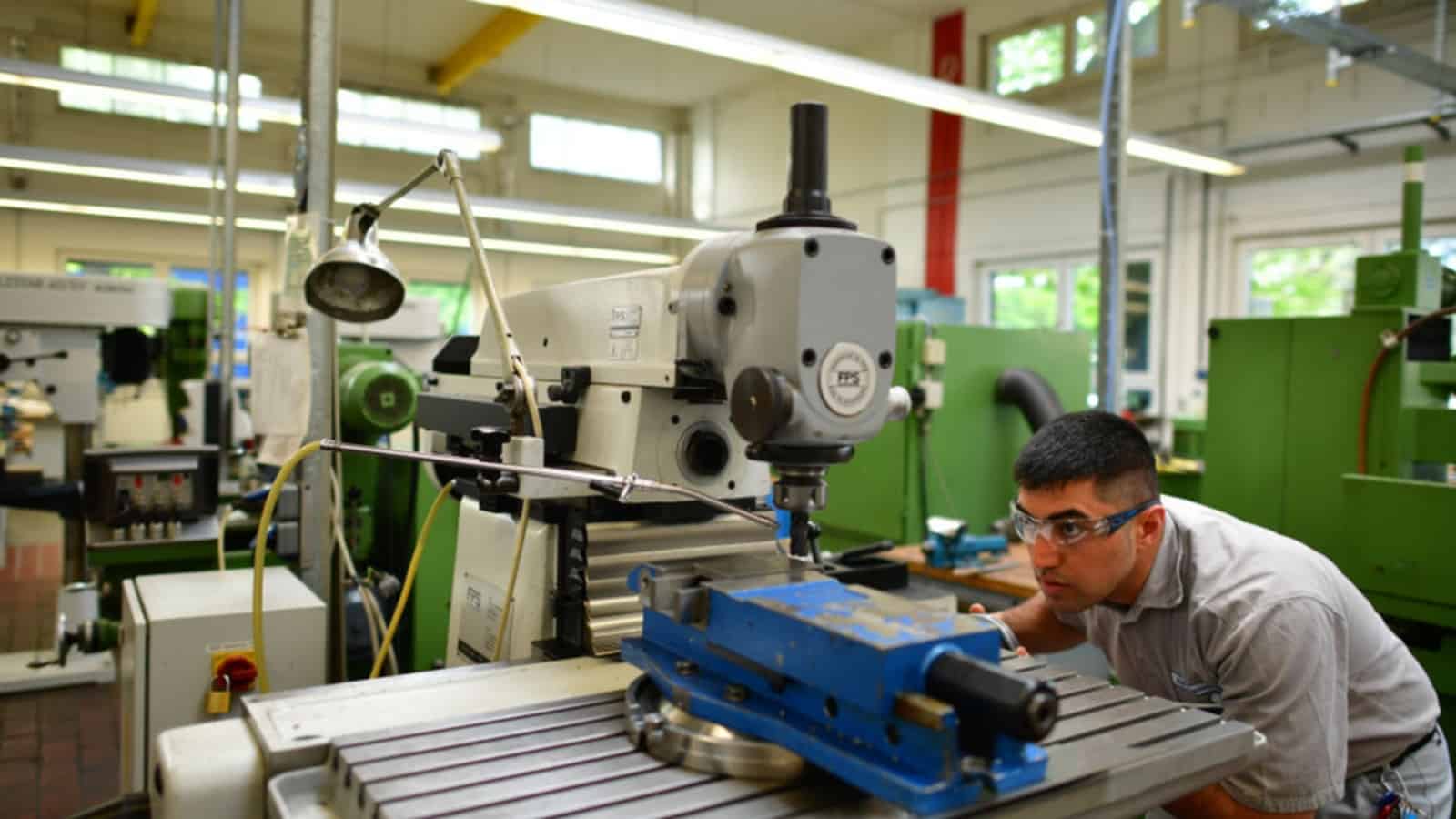NAM Goes All Out for Tax Priorities

The NAM is firing on all cylinders to accomplish manufacturers’ top tax priorities: restoring immediate R&D expensing, pro-growth interest deductibility and full expensing.
Time is running out, as Congress must act by early 2024 to allow manufacturers to benefit from these provisions for the 2022 and 2023 tax years. Here’s what the NAM is doing to reach the finish line and why it matters so much to the industry and to the economy as a whole.
What we’re doing: The Executive Committee of the NAM Board of Directors recently sat down with House Speaker Mike Johnson (R-LA) to emphasize the importance and urgency of these measures. The Executive Committee has also raised the issue directly with the White House, and the NAM’s members—90% of which are small and medium-sized firms—have been contacting legislators to urge immediate action since early this year.
- In addition, while pressing the case relentlessly with the White House and congressional leaders himself, NAM President and CEO Jay Timmons has met personally with House and Senate tax negotiators to make manufacturers’ case for these reforms.
- NAM experts have also hosted multiple briefings for key legislators and congressional staffers, featuring manufacturers who explained how the withdrawal of these policies has harmed their businesses.
- Ratcheting up the ante on air and online, the NAM has applied pressure publicly in key districts, running a new ad campaign urging congressional action that has garnered about 80 million impressions so far. It also launched an action center to help manufacturers contact their legislators and spotlight the numerous companies that will be hard hit if pro-growth policies are not reinstated.
Why it matters: All three of these tax provisions are crucial to manufacturers’ ability to innovate, invest in their employees and make the American economy more competitive.
- R&D: The U.S. is one of only two countries (the other being Belgium) that doesn’t permit immediate expensing of R&D costs, a vital incentive for innovation. China, on the other hand, gives companies a “super deduction” for R&D expenses.
- Interest deductibility: A recent tax policy change made it more expensive for manufacturers to make critical purchases for their facilities, by imposing a stricter standard for deducting interest. This is a particularly heavy burden for a capital-intensive industry like manufacturing, amounting to a tax on companies’ investments in their operations and workers.
- Full expensing: This provision allows companies to expense their equipment purchases in the year they are made, supporting manufacturers’ investments in their businesses. But the policy is set to be phased out soon and must be saved, as it is crucial for small and medium-sized manufacturers looking to expand their operations.
The last word: “Manufacturing is the backbone of America, and the NAM is going all-out to make sure Congress acts on these critical priorities,” said NAM Managing Vice President of Policy Chris Netram. “Right now, leaders on Capitol Hill need to hear from manufacturers in their communities with a simple, clear message—act on our critical tax priorities now.”
Take action: Congressional leaders, including Speaker Johnson, have recently pointed out a need to hear from more manufacturers. Lend your voice—check out the resources in the action center to learn more.
